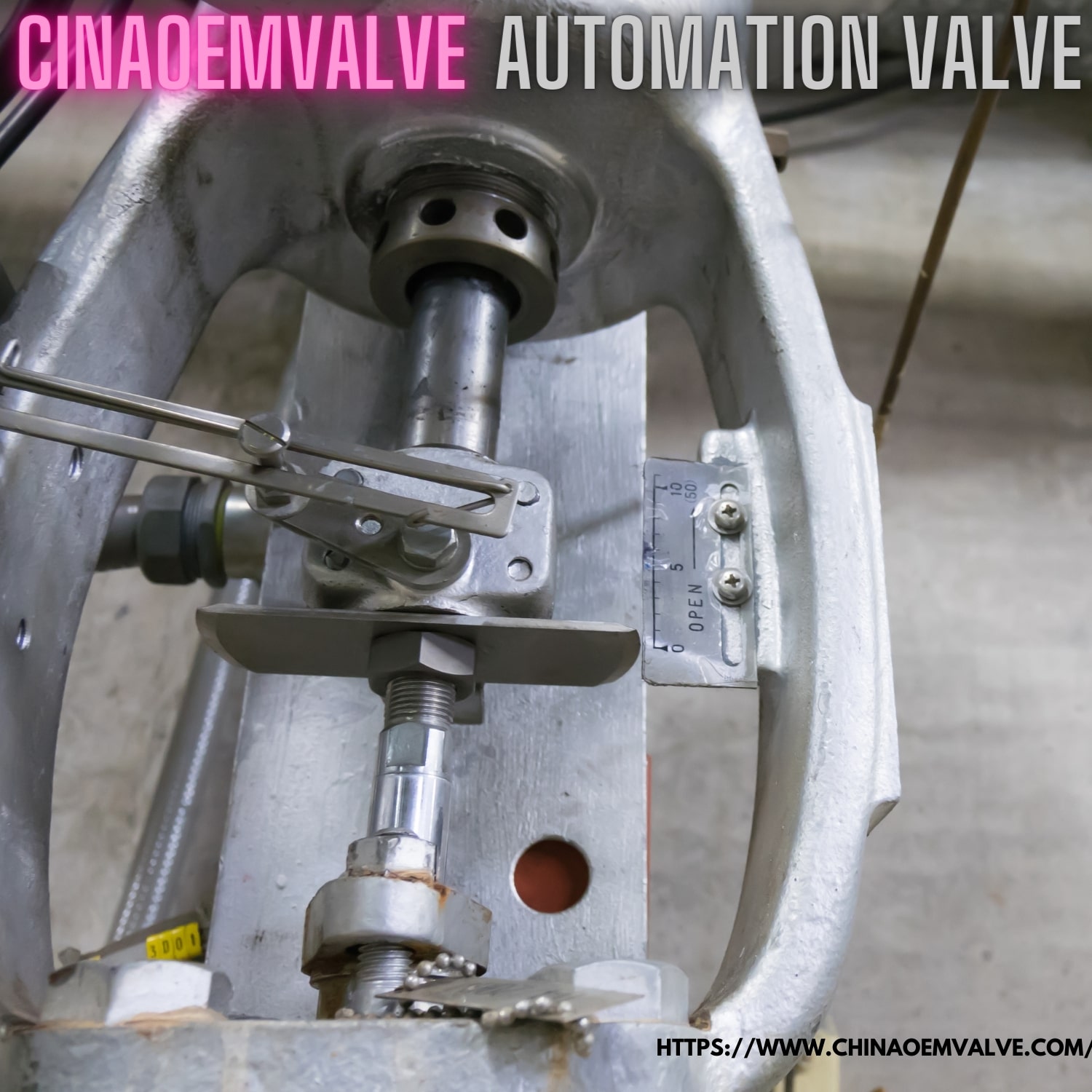Automation valves have ushered in a new era of efficiency and precision in industrial processes, but what exactly makes them revolutionary, and how are they transforming various industries? Automation valves are a pivotal component in modern manufacturing, providing seamless control over the flow of liquids, gases, and other media. Let’s explore the ways in which automation valves are reshaping industrial operations and why they have become indispensable in today’s technological landscape.
1. Enhanced Precision and Accuracy: Automation valves excel at providing precise control over flow rates and process variables. They can be programmed to make micro-adjustments, ensuring consistent and accurate production. This level of control is crucial in industries such as pharmaceuticals and food processing, where exact dosages and mixing ratios are paramount.
2. Improved Efficiency: Automation valves streamline processes by eliminating the need for manual adjustments. They can respond to changes in real-time, optimizing flow rates and reducing energy consumption. This results in cost savings and increased production efficiency.
3. Remote Monitoring and Control: Automation valves can be integrated into centralized control systems, allowing for remote monitoring and operation. This remote capability is especially valuable in hazardous environments or when access to valve locations is challenging.
4. Data Analytics Integration: Modern automation valves are equipped with sensors that provide valuable data on process conditions. This data can be analyzed to detect trends and anomalies, enabling proactive maintenance and process optimization. It also supports compliance with regulatory requirements.
5. Safety Enhancement: Automation valves contribute to safety by minimizing human interaction with potentially hazardous processes. They can respond quickly to emergency shutdown commands, reducing the risk of accidents and ensuring worker safety.
6. Scalability and Flexibility: Automation valves are highly scalable and can be easily integrated into existing systems. This adaptability makes them suitable for industries ranging from oil and gas to water treatment, allowing for tailored solutions to meet specific needs.
7. Reduced Environmental Impact: Automation valves contribute to sustainability efforts by optimizing resource usage. They can help minimize waste and reduce emissions by precisely controlling processes and preventing overflows or leaks.
In summary, Automation valves are revolutionizing industrial processes by providing unmatched precision, efficiency, and safety. They enable remote control, data analytics integration, and seamless scalability, making them a crucial component in various industries. As technology continues to advance, automation valves will play an increasingly pivotal role in enhancing productivity, sustainability, and competitiveness in the global market. Engineers and businesses are embracing these innovations to stay ahead in the ever-evolving landscape of industrial automation.
For more information visit chinaoemvalve.


